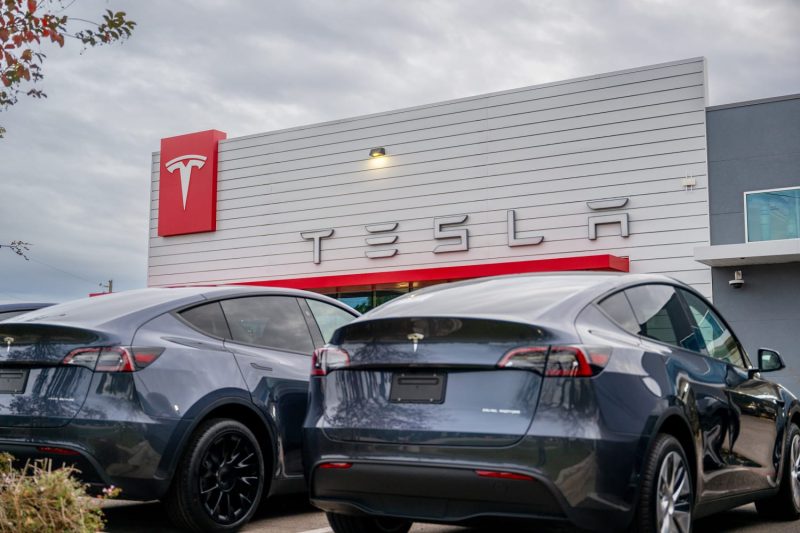The recent decision by the European Union to reduce tariffs on Chinese-made electric vehicles, including those manufactured by Tesla, has sparked a wave of discussions and reactions from various stakeholders. This move marks a significant shift in EU trade policies and has far-reaching implications for the electric vehicle industry, trade relations between the EU and China, and the global market for electric vehicles.
One of the key aspects of the EU’s decision to slash tariffs on Chinese-made Tesla EVs and other Chinese firms’ electric vehicles is the aim to promote the adoption of electric vehicles in the region. By reducing tariffs, the EU is incentivizing consumers to choose electric vehicles over traditional gasoline-powered cars, thereby supporting the transition to a more sustainable and environmentally friendly mode of transportation. This move aligns with the EU’s broader goal of reducing carbon emissions and combating climate change.
Furthermore, the decision to lower tariffs on Chinese-made electric vehicles reflects the evolving dynamics of global trade relations. The EU’s willingness to engage in trade agreements that benefit both domestic consumers and foreign manufacturers demonstrates a shift towards a more open and cooperative approach to international trade. By fostering closer economic ties with China, the EU is not only expanding market access for Chinese companies but also positioning itself as a key player in the global electric vehicle market.
The implications of the EU’s tariff reduction on Chinese-made electric vehicles extend beyond the realm of trade and commerce. This decision is likely to have a ripple effect on the competitiveness of the electric vehicle industry, innovation in clean energy technologies, and the overall geopolitical landscape. As China continues to make significant investments in electric vehicle manufacturing and technology development, the EU’s move to slash tariffs can be seen as a strategic maneuver to position itself as a hub for electric vehicle production and innovation.
Moreover, the EU’s decision to reduce tariffs on Chinese-made electric vehicles underscores the importance of collaborative efforts in addressing global challenges such as climate change and sustainable development. By promoting the adoption of electric vehicles and incentivizing clean energy technologies, the EU and China are setting a positive example for other nations to follow. This joint effort to accelerate the transition to a low-carbon economy highlights the potential for international cooperation in achieving shared environmental goals.
In conclusion, the European Union’s decision to lower tariffs on Chinese-made Tesla EVs and other electric vehicles signals a new chapter in the evolving landscape of global trade, sustainable development, and clean energy technologies. By seizing the opportunity to strengthen trade relations with China and promote the adoption of electric vehicles, the EU is paving the way for a more sustainable and environmentally conscious future. This bold move exemplifies the power of collaboration and strategic policymaking in driving positive change on a global scale.
